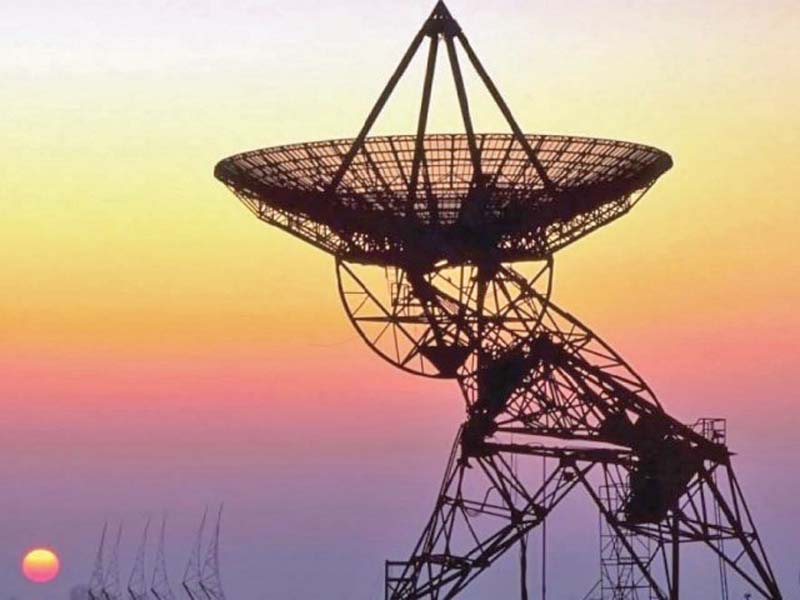
In this regard, the Pakistan Telecommunication Authority (PTA) unveiled the Spectrum Trading Framework on Friday.
Pakistan’s 3G, 4G user base rises to 32 million
For instance, a mobile phone operator has 10 megahertz bandwidth on its 3G or 4G network. Of this, two megahertz remains unutilised because the company has not yet built its relevant customer base.
Subject to regulatory approvals, the idle capacity can be sold to another industry player for a limited time period or for all the remaining period for which the licence has been issued by the PTA.
Industry officials say the ultimate beneficiary of the trading framework will be the end-users as it will provide opportunities for poor service providers to improve their operations with a limited budget.

“The cost of trade in spectrum {maximum 75%} among industry players should be lower than the one at which the PTA auctioned the spectrum licences. If someone has a higher need and budget, then it will go back to the PTA for more spectrum,” an industry official said on condition of anonymity.
“You may see the industry resorting to network sharing in the next five to six months.”
The regulatory framework is different from that for tower (antenna) sharing. However, the purpose of both is to improve the quality of services to the customers, industry officials say.
The PTA said the demand for spectrum “is increasing day by day as new technologies emerge. This has forced regulators to introduce measures to liberalise the markets.”
A maximum 75% of the total spectrum held by a licensee could be traded, it said.
Pakistan’s 3G/4G users doubled to 29.53 million in FY16
“The decision to trade is a commercial decision for the licence holder. Terms of the trade will be a commercial agreement between the licensees,” it said.
“The amount received from trading shall become part of the adjusted gross revenue (AGR) for the purpose of levy of licence fee,” the PTA said.
“The Telecom Policy 2015 allows spectrum trading. The purpose of spectrum trading is to allow markets to determine the best use of spectrum.”
The spectrum may be traded between holders of the same licence type only. For example, spectrum trading can take place between local loop licence holders or mobile licence holders but not between the local loop and mobile operators.
“Swapping of spectrum will be considered two-way spectrum trade subject to approval by the PTA and FAB,” the regulator said. “Sub-leasing to third party is not permissible ie licensee A may lease to B, who cannot sub-lease to C.”
The spectrum trading will not change the original period of spectrum assignment relevant to the traded block.
In case, the transfer is executed, the two service providers will surrender their licences to the PTA, which will issue new licences reflecting the terms of trade.
The company acquiring the spectrum would be allowed to use it through trading based on the technology neutral policy, the PTA said.
Published in The Express Tribune, January 7th, 2017.
Like Business on Facebook, follow @TribuneBiz on Twitter to stay informed and join in the conversation.
1731570357-0/elon-musk-(1)1731570357-0-405x300.webp)
-(1)1717678110-0/Kendrick-(1)-(1)1717678110-0-165x106.webp)















COMMENTS (2)
Comments are moderated and generally will be posted if they are on-topic and not abusive.
For more information, please see our Comments FAQ